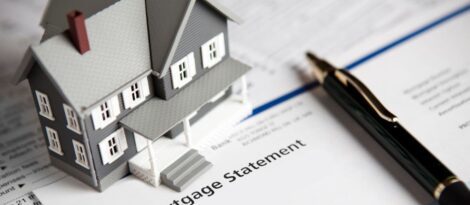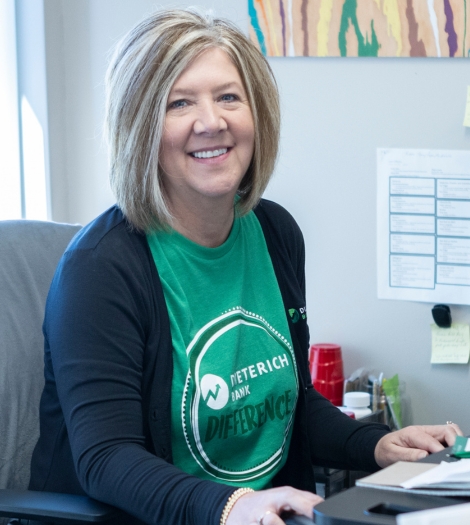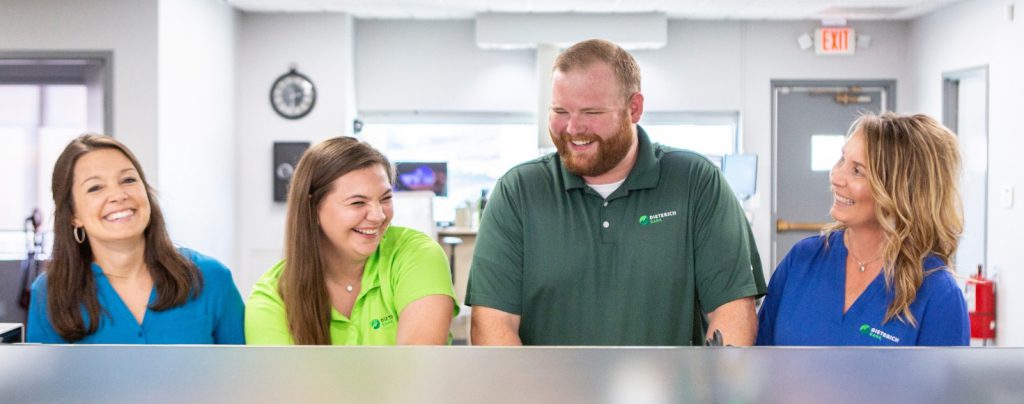If you’re wondering whether Illinois mortgage refinancing is right for you, we’ll break down the pros and cons for you in this article.
What is refinancing?
Refinancing your mortgage loan means taking out a new home loan and using it to pay off the old one.
Of course, homeowners don’t refinance just for the sake of doing so. There are fees and other closing costs associated with any mortgage loan, so you want to be sure the reward is worth the expense.
Popular reasons for refinancing include:
- Change your rate: When interest rates go down, homeowners tend to refinance into a new, lower rate. And if you have an Adjustable Rate Mortgage (ARM), you may want to refinance into a lower fixed-rate once the introductory period ends.
- Change your term: The lower your term, the lower your rate will usually be. So, if you’ve paid down a nice chunk of a 30-year loan, you may want to refinance your remaining balance into a 15-year term. On the other hand, extending your term can lower your monthly payment, helping homeowners who are experiencing financial difficulty or need to put more money toward another expense, such as childcare or college tuition.
- Get cash out: This type of refinance offers access to the equity you’ve accumulated in your home. Borrow money at a lower rate than other types of personal loans and use it for home renovations or other large expenses.
Who qualifies for refinancing?
Your mortgage refinance application will be evaluated with the same factors (credit score, income, other debts, etc.) as your original home loan. Additionally, you’ll need at least 20 percent equity in your home to maintain some margin between the amount of the new loan and your house’s current market value. Our mortgage lenders can help you review your current financial situation to determine if now is a good time to refinance.
Benefits of refinancing your mortgage
As mentioned earlier, the benefits of refinancing your mortgage are correlated with what you stand to gain, as well as how long you plan to stay in your current house. For example, if you’re refinancing to get a lower rate but plan to move in less than five years, you may not recoup your closing costs with the savings on interest.
Potential benefits of refinancing include:
- Lower monthly payment.
- Save on interest.
- Pay off your mortgage faster.
- Consolidate higher interest debt.
- Borrow money at a low rate to use for big-ticket expenses such as home improvement projects or college tuition.
- Switch from an ARM loan to a fixed-rate loan or vice versa.
How much can you save by refinancing?
The length of time it takes to break even on a mortgage refinance depends on a variety of factors including your current interest rate, potential new rate, closing costs, and the amount of time you plan to keep your home. Use Dieterich Bank’s mortgage refinance calculator to find out how much you could save on your monthly payment and when you would break even on closing costs.
Mortgage Refinance vs. HELOC
If you’re considering a cash out refinance, you may also want to look at the alternative option of a Home Equity Line of Credit (HELOC). As credit lines, HELOCs have an adjustable rate, but it is usually still lower than what you’d get with a personal loan. And unlike taking out a new mortgage, you don’t have to use the funds in your HELOC right away. Many homeowners use their HELOC as an alternative to a credit card—it’s there when you need it but you’ll only make payments on what you draw from the line.
Dieterich Bank is here for life’s BIG moments!
From buying your first home, to refinancing that home later on to send your child to college, we are here to support your milestones and help you reach your financial goals. Learn more about the home loan options we offer and contact one of our experienced mortgage lenders at your nearest Illinois location.









